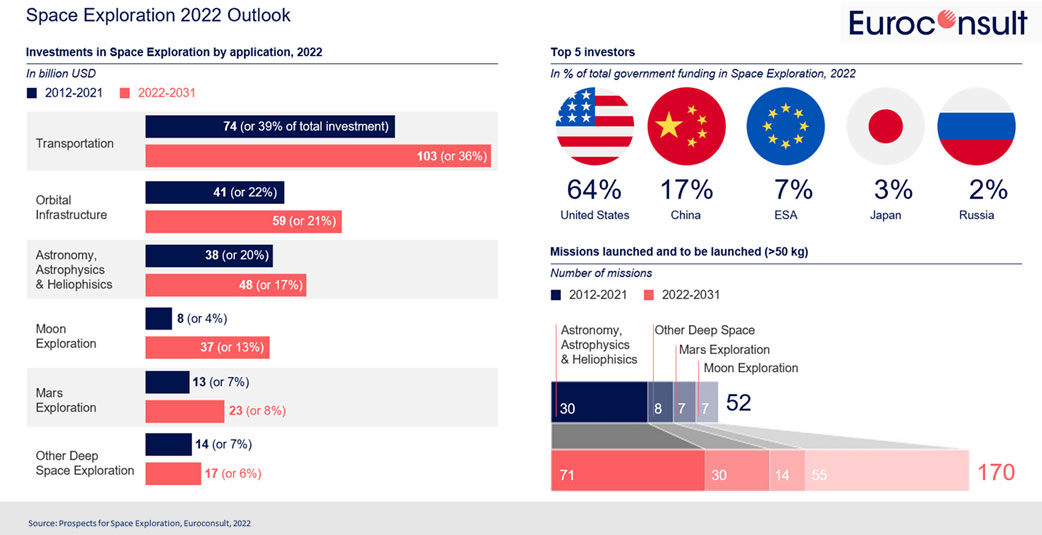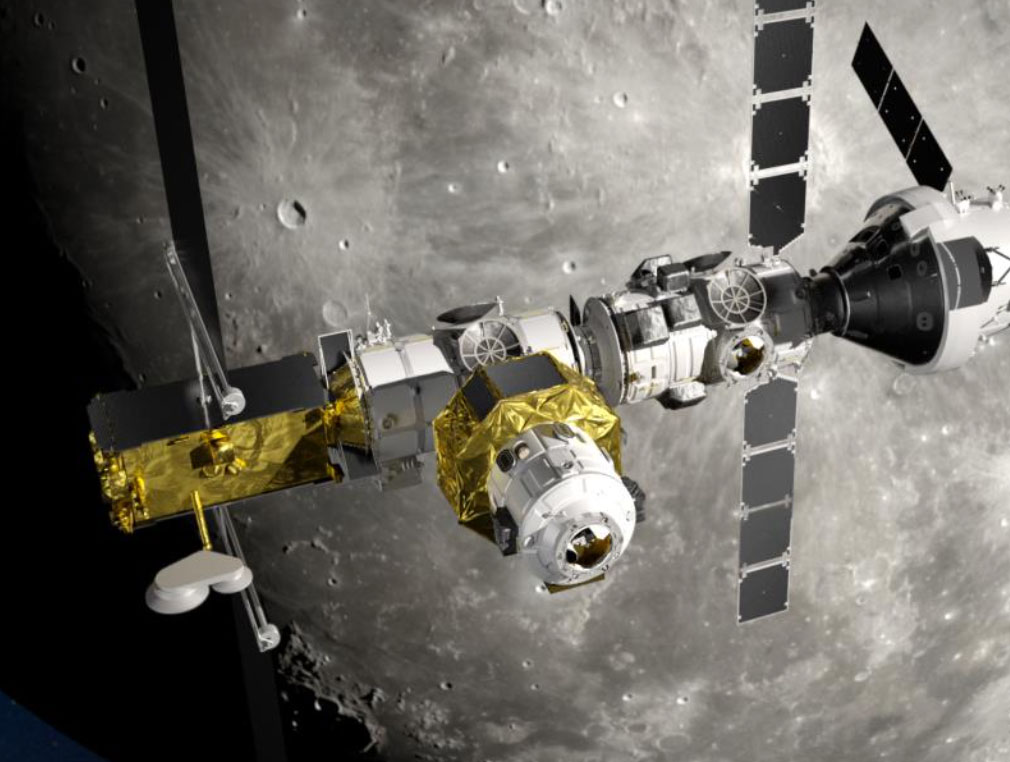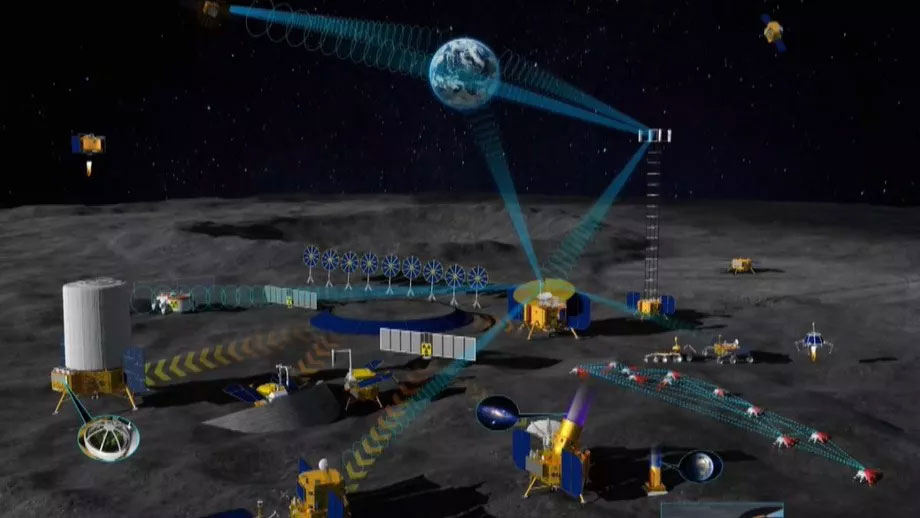ALEXANDRIA, Va. — Space exploration is taking off with governments poised to invest $31 billion in the sector by 2031, according to Euroconsult’s new “Prospects for Space Exploration” report.
The massive investment by governments around the world will be enhanced by new and deepening partnerships with commercial space entities, making missions more cost-effective and sustainable.
 Euroconsult released its 3rd “Prospects for Space Exploration” report tracking the growth of government investments in key areas. (Source: Euroconsult)
Euroconsult released its 3rd “Prospects for Space Exploration” report tracking the growth of government investments in key areas. (Source: Euroconsult)
In its latest report, Euroconsult forecasts roughly 50% of space exploration missions between now and 2031 will be governmental while the other 50% will be commercial. Commercial entities are planning 60 space exploration missions during that period, compared to just three between 2012 and 2021.
“This is quite a big trend to note here,” said Miguel Ouellette, economist and principal advisor at Euroconsult and author of the report.
Governments will continue to take the lead in space exploration but the private sector will emerge as a bigger player in growth areas, including transportation services and orbital infrastructure.
Public-private cooperation on scientific space ventures is becoming more important, “not only to share costs and risks but also to have the government as a customer of services for the private sector,” Ouellette added.
As a result, more governments are changing how they plan space missions to incentivize private involvement through favorable regulatory and policy frameworks that support continued private sector growth.
Rapid Growth in Lunar Exploration
Transportation for cargo and astronauts will continue to be the most funded area for governments, followed by orbital infrastructure investments (such as the International Space Station or China’s Tiangong space station). Those two subsectors currently represent nearly 60% of all government funding efforts in space exploration.
However, the moon will soon be the fastest-growing area of sustained investment by governments engaged in space exploration. Euroconsult projects government investments in lunar exploration will more than quadruple over the previous decade to a total of $37 billion for the 2022-2031 period.
 An artist’s impression of the lunar Gateway, a habitat, refueling and research center for astronauts exploring the moon as part of the Artemis program. (Source: ESA)
An artist’s impression of the lunar Gateway, a habitat, refueling and research center for astronauts exploring the moon as part of the Artemis program. (Source: ESA)
Much of that growth will be driven by two international programs spearheaded by competing space powers. The Artemis program, involving 21 countries and led by the United States, aims to achieve a sustainable, human and robotic presence on the moon with an eye toward Mars and beyond. And the International Lunar Research Station (ILRS), the joint effort between China and Russia to establish a base and surface infrastructure on the moon to support crewed landings.
As Constellations has covered in previous podcasts, private space companies are also making meaningful contributions to humankind’s return to the moon. According to Euroconsult, more than two-thirds of commercial space exploration missions planned for the next decade will be focused on the moon—from private landers and commercial payloads to transporting cargo and astronauts. Efforts are also underway for private companies to establish a nuclear power system on the moon to ensure reliable, continuous power.
“Since space agencies are seeing the moon as a central focus, [the private sector] sees it also as a focus where they can try to expand their market share,” Ouellette noted.
Ultimately, the core drivers for space exploration remain international prestige, scientific research and technology development.
International Cooperation or Competition?
Although space has traditionally been an area of international cooperation, recent geopolitical developments have been driving a competitive countertrend.
“Those geopolitical tensions make it hard for countries to collaborate,” Ouellette said. “We might see the emergence of a bipolar world where China and Russia work closely together and then you have the U.S., Europe and their allies working together on separate missions.”
 China and Russia are collaborating on the International Lunar Research Station. Geopolitical tensions have limited cooperation among leading space powers. (Source: Roscosmos/CNSA)
China and Russia are collaborating on the International Lunar Research Station. Geopolitical tensions have limited cooperation among leading space powers. (Source: Roscosmos/CNSA)
The conflict in Ukraine has already led to delays in Russian initiatives that were being undertaken with the European Space Agency. Euroconsult has projected budget cuts within the Russian space program and expects higher delays for Russian missions.
Collaboration also remains limited between the United States and China, which represent a combined 80% of all government space exploration funding.
“If those two nations don’t collaborate, it will show and it could become a problem,” Ouellette advised.
Export controls on certain technologies remain a contentious issue that could negatively impact the space sector, he added. Despite some productive engagement on astronomical missions and scientific research, U.S.-China cooperation around the moon and other core initiatives is strained.
Despite the challenging geopolitical dynamics, Euroconsult highlighted new and emerging players joining the community of space-exploring nations, including India, South Korea, Australia, the UAE and Luxembourg.
With the top five spending nations (U.S., China, Europe, Japan and Russia) accounting for 94% of all government investment, these newcomers are unlikely to change the government investment forecast, Ouellette explained. However, international collaboration will help them amplify their investments.
“The barriers [to entry] are lower because of international collaboration and we’re making it easier for new countries to join the space task force,” he noted.
Read excerpts and order the 2022 edition of “Prospects for Space Exploration” at Euroconsult-ec.com.
Explore More:
Podcast: Building in Sustainability, Cislunar Infrastructure and Furthering Exploration
Redwire CTO Al Tadros on Building a Sustainable Lunar Presence
Podcast: Artemis, CAPSTONE and the Challenge of Cislunar Navigation
Artemis 1: Bringing New Approaches to Navigation in Cislunar Space and Beyond
